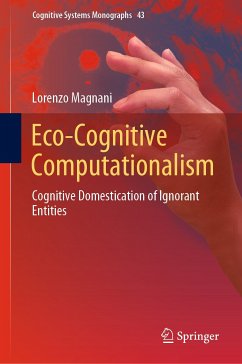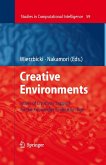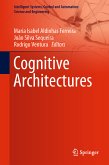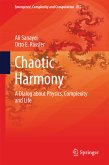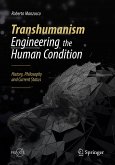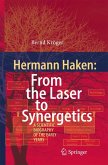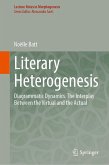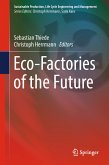This book mainly focuses on the widely distributed nature of computational tools, models, and methods, ultimately related to the current importance of computational machines as mediators of cognition. An entirely new eco-cognitive approach to computation is offered, to underline the question of the overwhelming cognitive domestication of ignorant entities, which is persistently at work in our current societies. Eco-cognitive computationalism does not aim at furnishing an ultimate and static definition of the concepts of information, cognition, and computation, instead, it intends, by respecting their historical and dynamical character, to propose an intellectual framework that depicts how we can understand their forms of "emergence" and the modification of their meanings, also dealing with impressive unconventional non-digital cases. The new proposed perspective also leads to a clear description of the divergence between weak and strong levels of creative "abductive" hypothetical cognition: weak accomplishments are related to "locked abductive strategies", typical of computational machines, and deep creativity is instead related to "unlocked abductive strategies", which characterize human cognizers, who benefit from the so-called "eco-cognitive openness".
Dieser Download kann aus rechtlichen Gründen nur mit Rechnungsadresse in A, B, BG, CY, CZ, D, DK, EW, E, FIN, F, GR, HR, H, IRL, I, LT, L, LR, M, NL, PL, P, R, S, SLO, SK ausgeliefert werden.

